*Note from A Chronic Voice: Tiffany Kairos is an active advocate in the chronic illness and epilepsy community online, and such a lovely lady, too! She’s constantly supporting and giving shoutouts to other chronic illness advocates whenever and wherever she can. I live with epilepsy myself, albeit to a lesser degree than Tiffany does. My form of epilepsy is the typical grand mal seizures that you see on TV, and for a period of time they were happening dangerously in my sleep. Let’s read Tiffany’s experiences with epilepsy, and learn more from her in this post!
By and large, when I tell someone that I live with epilepsy they’re taken aback, astonished that I appear fine and relatively healthy. They also have an expression of perplexion, because they don’t know what epilepsy is.
There are over 40 types of epilepsy, many of which do not always involve dropping and convulsing. (Also known as a grand mal, or generalised tonic-clonic seizure.) My condition, epilepsy, is a neurological disorder, which means that it impacts more than just my brain.
Here’s what you should know about living with epilepsy, which I share about in this article through my own experiences.
Table of Contents
1. Epilepsy Is More Than Just Seizures
Symptoms that commonly occur alongside epilepsy include:
- Depression and Anxiety
- Fear
- Stress
Taking care of our physical health is half the battle when living with epilepsy. It’s an emotional and social battle, too. When the doctor first dropped the bombshell that I had epilepsy, I felt every emotion in the book so deeply, yet numb at the same time.
I wrestled with depression for over a year. Research estimates that 30 to 35 percent of people with epilepsy experience depression. Living in constant fear of when the next seizure would strike, and stressed about what my future might look like.
And strike they did. Unexpectedly, continuously and variously.
Pin to Your Chronic Illness Awareness Boards:
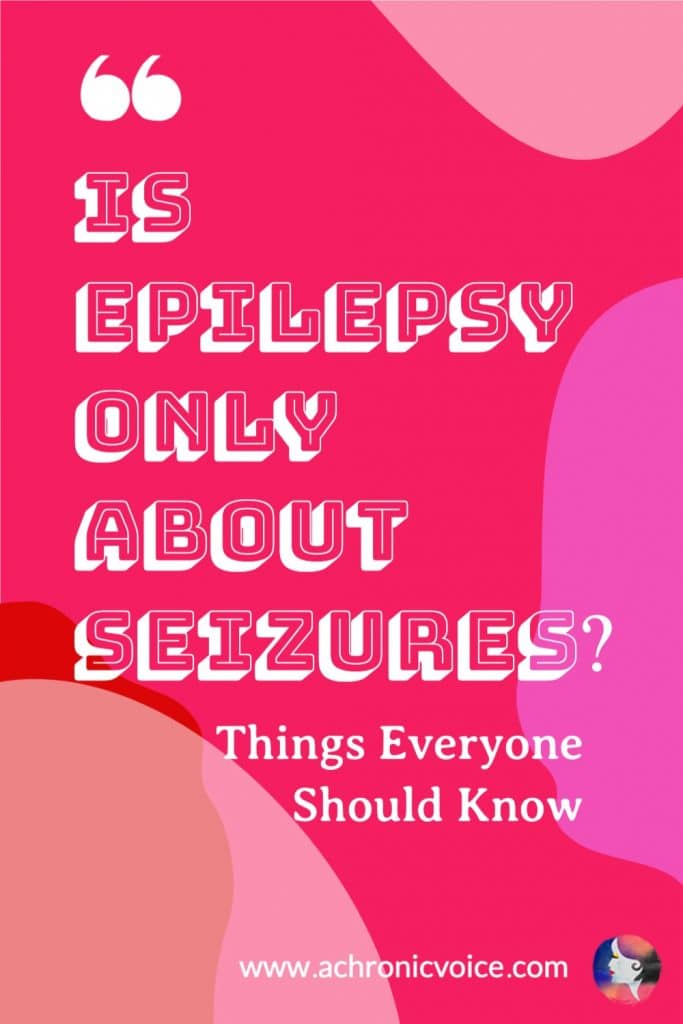
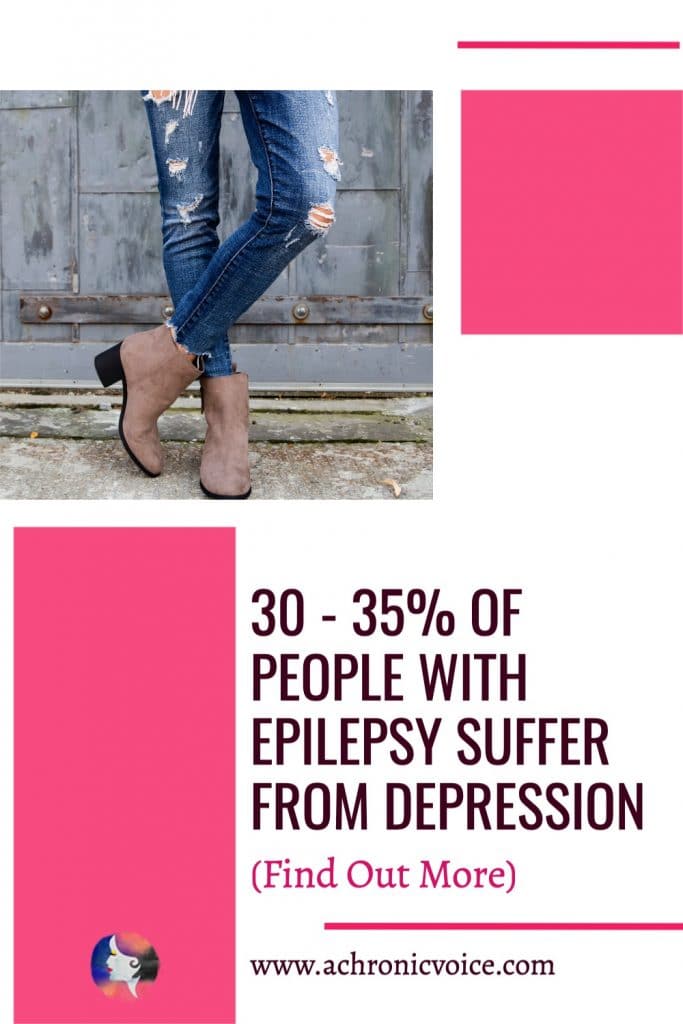
2. The Importance of Having a Support System in Place
A rock solid support system is essential for tackling any difficulties along the way. The empowerment of having family and friends whom you can count on to encourage and cheer you on is priceless. It certainly was and is for me. My spouse and family refused to let my condition consume me, and lifted me up when I was down. They gave me the strength that I needed to stand on my own two feet again.
I knew that I would be facing countless challenges that were out of my control, but I also decided that I wasn’t going to give up the fight. I was going to learn everything there was to know about my condition, persevere and help others on their journey, too. I’d discovered what my future would look like.
3. Epilepsy Has No Regard For Your Age
Epilepsy doesn’t discriminate. It can happen to anyone – young or old. I was diagnosed at 22, having had my first seizure at 16.
I never anticipated that a chronic illness would happen to me. I thought that I was invincible. Boy was I wrong. There’s nothing more chilling than when reality slaps you in the face.
4. Epilepsy is Often Invisible & Unpredictable
Just because you don’t see it happening, doesn’t mean that I don’t experience it. Epilepsy doesn’t always like to show its cards. It’s common for it to be an invisible illness. Various treatments and medications are available which can slow or even halt seizure activity. However, someone with epilepsy may still need assistance to complete certain tasks.
One minute I can feel perfectly healthy. The next thing I know, I’m resting with a heating pad draped across my forehead, nursing a pounding migraine after experiencing a massive seizure.
On certain days my epilepsy cuts me some slack, which allows me to enjoy activities. On other days however, my amount of activity is limited, or I need to take breaks to avoid triggering a seizure.
Seizures often strike without warning and I’m left with no choice but to cancel plans, which I hate. I don’t want to appear flaky, yet I need to pick up the phone, call or text to back out of something that I had been looking forward to.
5. There Is No Cure for Epilepsy
Here’s the thing… Epilepsy is an incurable condition, although some people do go into remission. This is regardless of any documentary, magazine, article or grapevine information you may have read or heard. No essential oil, diet or herb is going to cure me.
Over the years of living with epilepsy, I’ve learned how and which situations can provoke seizure activity. For example, when it rains or when my period is coming. I need to ramp up on self-care, which consists of avoiding stress and resting more.
While they do not cure me, getting good sleep, proper stress management, certain exercises, a healthy diet, and taking medicine on time definitely help to reduce my seizures.
Epilepsy is a serious condition and should be treated as such by everyone, including those who don’t live with it. Your compassion, kindness and empathy are needed and appreciated as we are fighting an invisible battle every single day.
*Note: This article is meant for educational purposes and is based on the author’s personal experiences. It is not to be substituted for medical advice. Please consult your own doctor before changing or adding any new treatment protocols.
If you liked this article, sign up for our mailing list here so you don’t miss out on our latest posts! You will also receive an e-book full of uplifting messages, quotes and illustrations, as a token of appreciation!
Pin to Your Chronic Illness Boards:

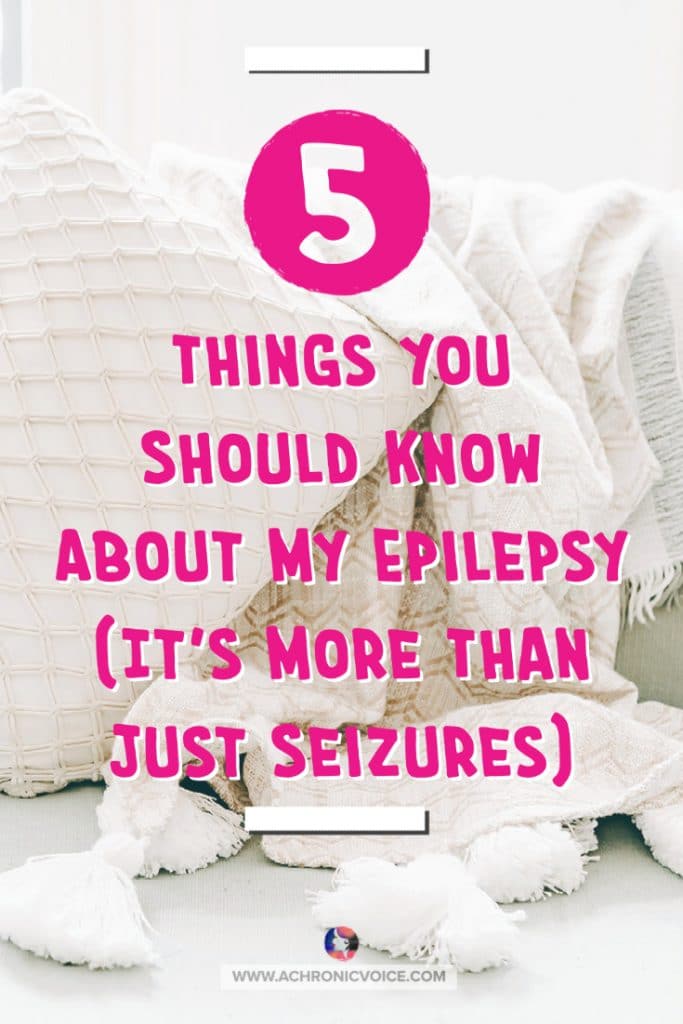
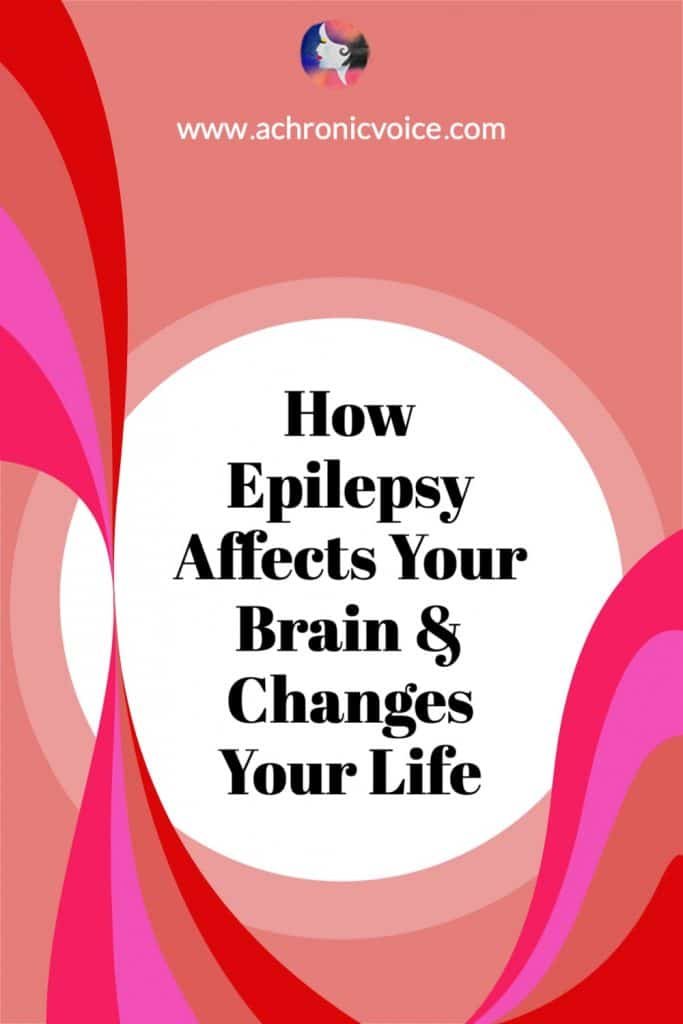
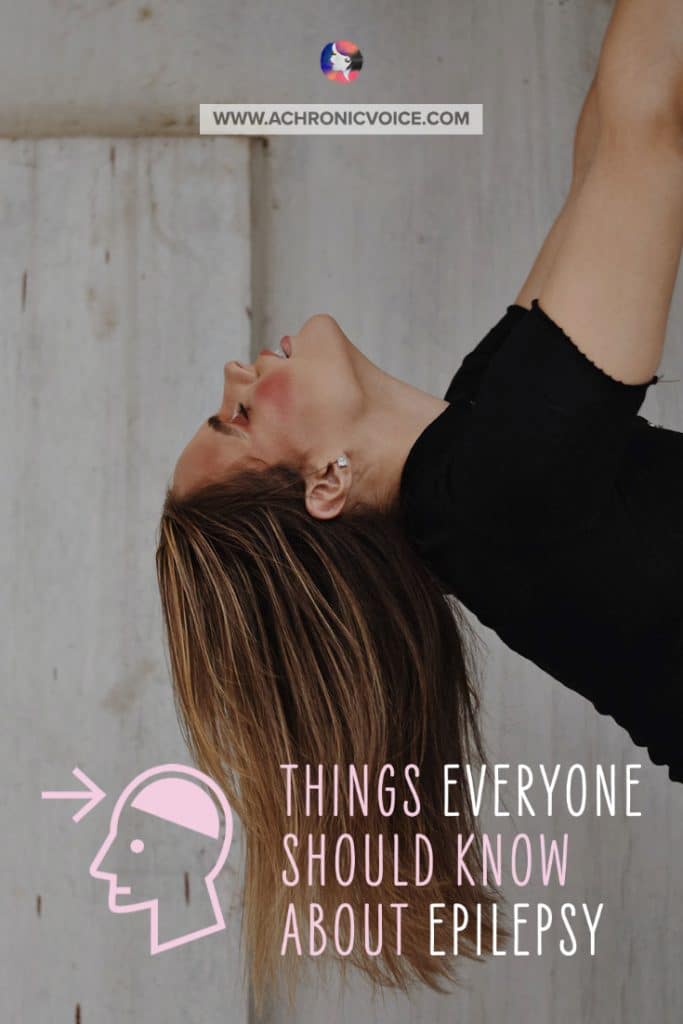
Contributor Bio
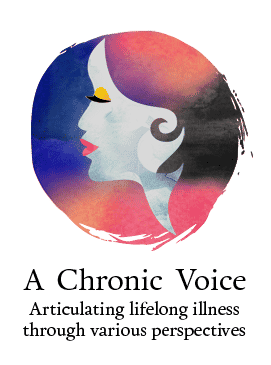
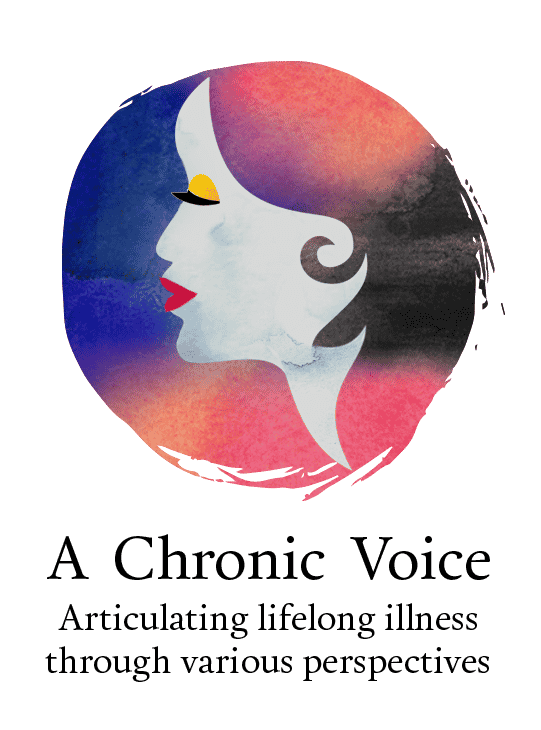

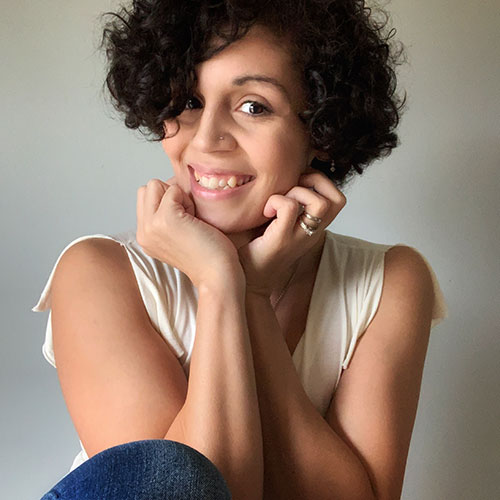
Hi ,iam Sarah I had seizure all my life I don’t know if was because I was a born early. As a baby I was like five months early. I was very small as a baby. As growing up I would day dream a lot and I didn’t focus on my school work. And as I was having my day dreaming spells I would run in to traffic and didn’t what I was doing or daydreaming and some had to sake me out of it. And the medical I was on I could go to sleep. I hate it. So when I was eight teen years . I stopped my meds because I wanted a family but my meds the side affects were birthdeffcats. Long story short iam back on my meds. And do a lot of writing about good, bad experiences and do the best that can. Anything I do to cope with taking meds again?
Hi Sarah, I empathise with your situation. I too would love to start a family someday, but the meds I’m on for epilepsy and many other chronic illnesses are toxic for that purpose (heck, even in general!). But it’s kind of like us Chinese say, ‘using poison to combat poison’. In a sense, the lesser of two evils! My only advice (because it’s behind a screen!) is to find a doctor you can trust and whom you respect and believe in, and work closely together with them. The medications are necessary for a reason – if you crossed the road and got hit by a car, that wouldn’t be good for having a family either! Please take care.
As someone who doesn’t have epilepsy and has never had a close friend or loved one with it, I can only get a feel for what it’s like thanks to people like who who share their stories and raise awareness like this, so thank you Tiffany. So many chronic conditions are far more than just the one thing people often associate with it, like seizures in this case. And I do ‘get’ the issues with invisible conditions and living with something that can only be managed because there is no cure. I’m glad you have your spouse and family by your side. 💚
This is great! There needs to be more awareness about epilepsy out there and this helps to explain things in “real life” terms not medical terms so it can be understood more by all.
Great interview Sheryl and Tiffany! I don’t know too much about epilepsy to be honest, but was tested for a rare form years ago. So good you are raising awareness!
Tiffany is one of my favorite advocates and she’s also a terrific friend. I was so happy to see her interview go live on your site last night just as I was heading to bed. She has so much to offer the epilepsy community, and I’ve passed her details on to several friends living with epilepsy. Great interview!